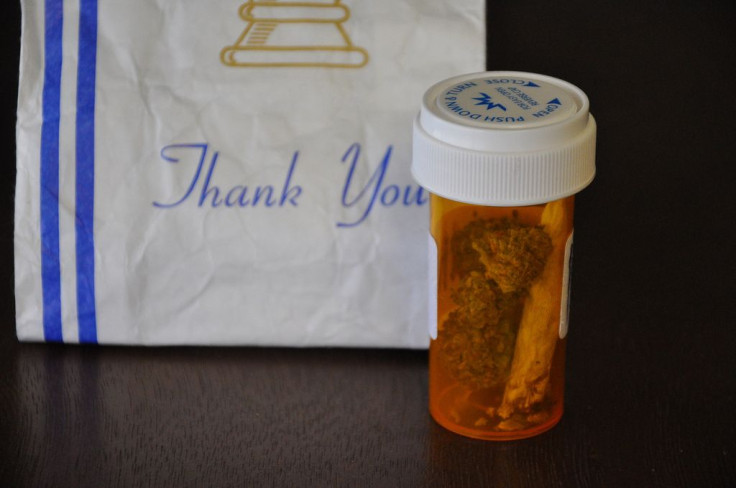Medical Marijuana Use For Children With Developmental Disorders May Do More Harm Than Good

As medical marijuana becomes increasingly more accepted and researched, it is beginning to seem that there is no limit to what this miracle drug can be used for. But are we going too far when this use extends to our children and adolescents? Previously in late January, The American Academy of Pediatrics called for a rescheduling of the drug in order to research its possible benefits for children suffering from various types of cancer. Now, there is a movement to test the drug’s possible use for children with developmental and behavioral problems, such as autism spectrum disorders (ASD) and attention deficit/hyperactivity disorder (ADHD).
But does this drug have actual applicability for developmental and behavioral disorders, or are we searching for an end-all cure where there is none? A recent review of the topic in the February issue of the Journal of Developmental & Behavioral Pediatrics seems to think there is not enough evidence to prove in favor of medical marijuana. Instead, there is ample evidence in support of the contrary, warning about the drug’s potential adverse, long-term effects to neurodevelopment.
Dr. John R. Knight and his colleagues at Boston Children’s Hospital said in a recent press release, “Given the current scarcity of data, cannabis cannot be safely recommended for the treatment of developmental or behavioral disorders at this time.” Knight warns parents, that though symptoms of ASD and ADHD are debilitating for their children, “in using medicinal marijuana, they may be trading away their child’s future for short-term symptom control.”
Evidence often shows that the adolescent brain may be uniquely vulnerable to adverse effects of medical marijuana, and these effects are numerous. Knight and colleagues stated that often adolescents with developmental and behavioral disorders, especially ADHD, may be predisposed to heavier substance abuse; if this is the case, medicinal marijuana may act as a gateway drug to other, more harmful substances. In addition, regular cannabis use in adolescents has often been proven to impede neurodevelopment by causing declines in intelligence, depression, anxiety, and sometimes psychosis.
Despite this compelling evidence, many parents are insistent that the drug may have potential, especially in light of recent changes to U.S. marijuana policy. A California mother, Mieko Hester-Perez, claims her son Joey who suffers from muscular dystrophy and autism saw many benefits from medicinal marijuana once they found a strain that worked for him. She reported seeing many changes for the better in her son after applying the remedy, including weight gain, calmness, and a happier disposition. Many online groups as well, advocate the potential benefits for children with developmental/behavioral disorders, citing animal research, and a small number of clinical trials as proof. However, these benefits often come from cannabidiols, which have been known to benefit children with rare forms of epilepsy, and not the more common, active ingredient tetrahydrocannabidnol (THC).
Researchers at Boston Children’s Hospital are worried; though efficacy of medical marijuana is proven in adults, it is still too risky to apply to adolescents. Knight states his fear that this movement “may result in issuing of medical marijuana permits for developmental or behavioral diagnoses for which no data on efficacy, safety, or tolerability exist.” He insists more research must be pursued in order to produce products high in cannabidiols, and low in the potentially harmful THC.
Knight and his colleagues hope that through this review he will help parents think twice before reverting to something that may cause more harm than good. With all evidence pointing toward marijuana’s likely impediment of neurological development, the drug may not be the universal source of relief we have been hoping for.
Source: Hadland S, Harris S, Knight J. Medical Marijuana for Children with Developmental and Behavioral Disorders. Journal of Developmental & Behavioral Pediatrics. 2015.



























